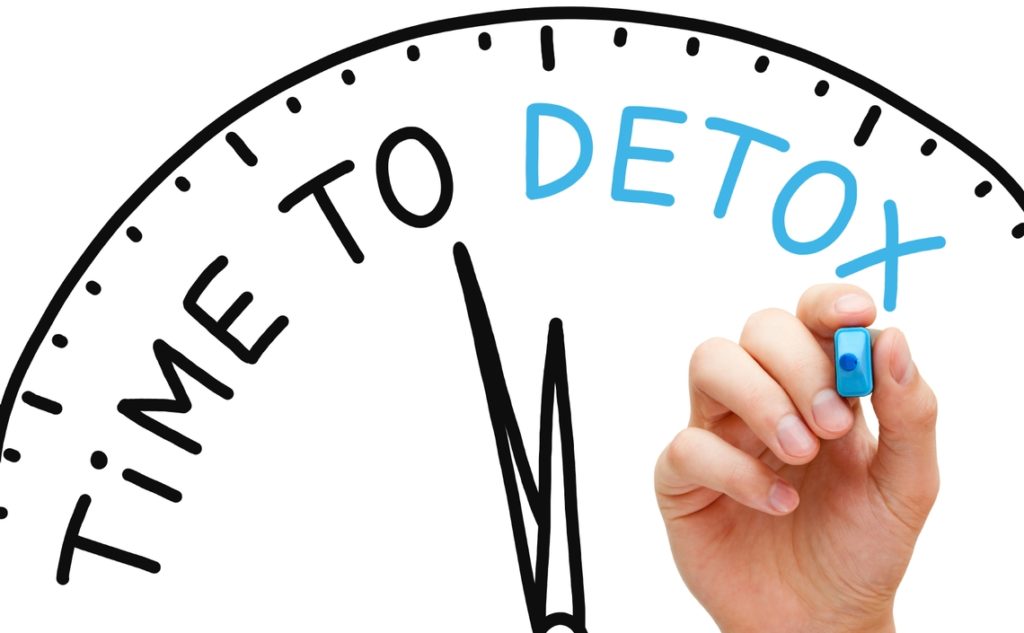Triggers That May Be Causing Weight Gain
1. CHRONIC DIETING
Dieting is the most traditional way prescribed to lose weight.
However, all it really does is put your body into what’s referred to as a “famine state”, only to perpetuate a weight problem.
Focus should be on adding in nutrient-dense foods into the diet (rather than initially removing “bad” foods). As the body begins to “crave” more and more healthy foods, the natural tendency will be to avoid the processed and junk food previously eaten.
This is a life-long way of eating, not a “diet”.

2. EMOTIONS
While fat might seem like your worst enemy, sometimes, your body sees gaining and storing fat as the best way to “protect” you. Both food and fat can shield you from the daily emotional onslaught you have to deal with, acting as a barrier between you and your problems.
Emotional turmoil and stress caused from not being fulfilled emotionally or troubles with important life relationships can also activate body chemistry that causes weight gain. Insecurities act like chronic stress, spiking your cortisol levels and telling your body to store fat.
Seeking professional counseling is crucial in overcoming this powerful trigger.
Read my “Mood Disorders” article for more information about the effects of our emotions.

3. FALSE BELIEFS
“Seeing is believing” they say. The reason you “saw it” was because you “believed it”. The proof serves to reinforce your beliefs and patterns which keeps them in place and keeps them happening over and over again.
If you think you’re unable to lose weight, that there is no hope, that you’re lost, and that you’re destined to struggle forever, then that is your truth.
Luckily, this thought pattern that has been holding you back is absolutely NOT true.
A belief is merely a thought and a thought can be changed in an instant. It’s just a matter of catching our thoughts and keeping them positive at all times.
The truth is “believing is seeing”.

4. LIFESTYLE STRESS
Chronic stress from our modern lifestyle can have many negative effects on your health. It can lead to adrenal fatigue, causing problems such as mood changes, low libido, fatigue, gut disorders, and of course, weight gain.
This stress can be emotional, physical, or buried in your unconscious mind. Regardless, your body reacts the exact same way, releasing cortisol into your body.
Elevated cortisol levels not only cause you to gain weight, but simultaneously make it impossible for you to lose weight, especially around the belly.
To be successful with weight loss, you must identify the root causes of your problem and make some lifestyle adjustments.
Visualizations, meditation, or healing therapies can assist to tell your body that you’re now safe, strong and protected.
Read my “Stress & Fatigue” article for ways to manage stress.
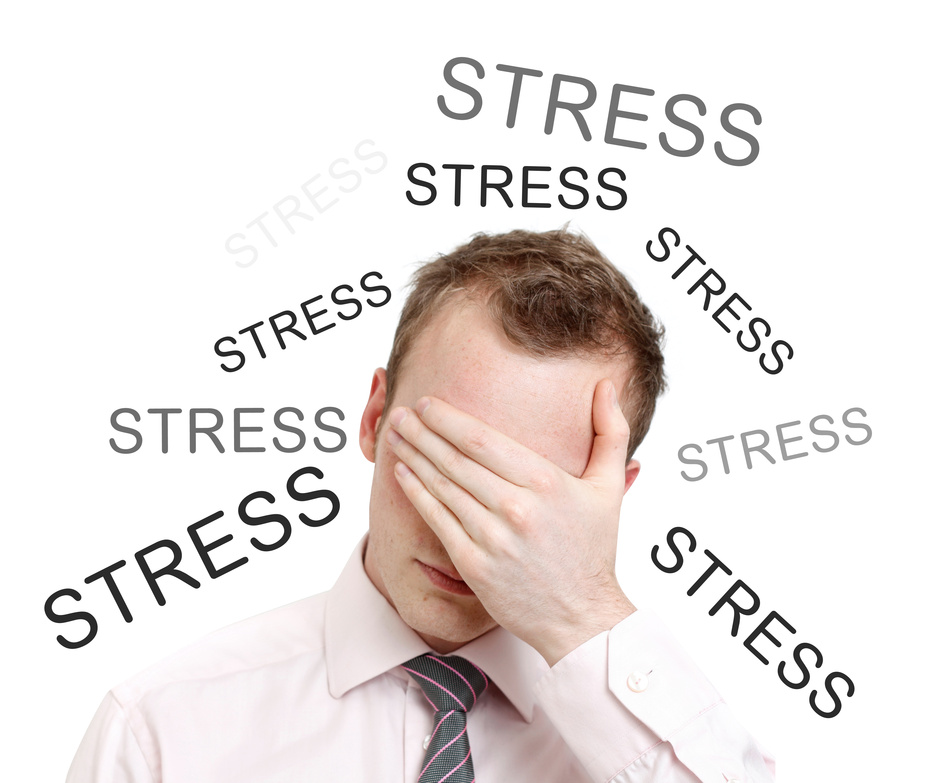
5. MEDICATIONS
Certain medications have side effects which include weight gain. This is especially true for those that are steroid based, as well as certain antidepressants and antibiotics. Such medications can cause adverse hormonal changes, along with altering normal gut flora. The result is altered fat storage and metabolism.
Also, the toxins in many medicinal drugs can add to your toxic load, which strains your liver, making it more difficult for your body to burn fat. Your body responds to toxicity by using fat as a physical barrier between the toxins and your blood stream. The more toxins you have, the more fat your body creates to “lock in” toxins and to protect you.
Making a positive change in your diet and life can assist greatly. After a while, you may no longer need the medication that’s been making you put on excess weight.
However, it is vital to not stop any medication before hand, unless on the advice of a trained professional.
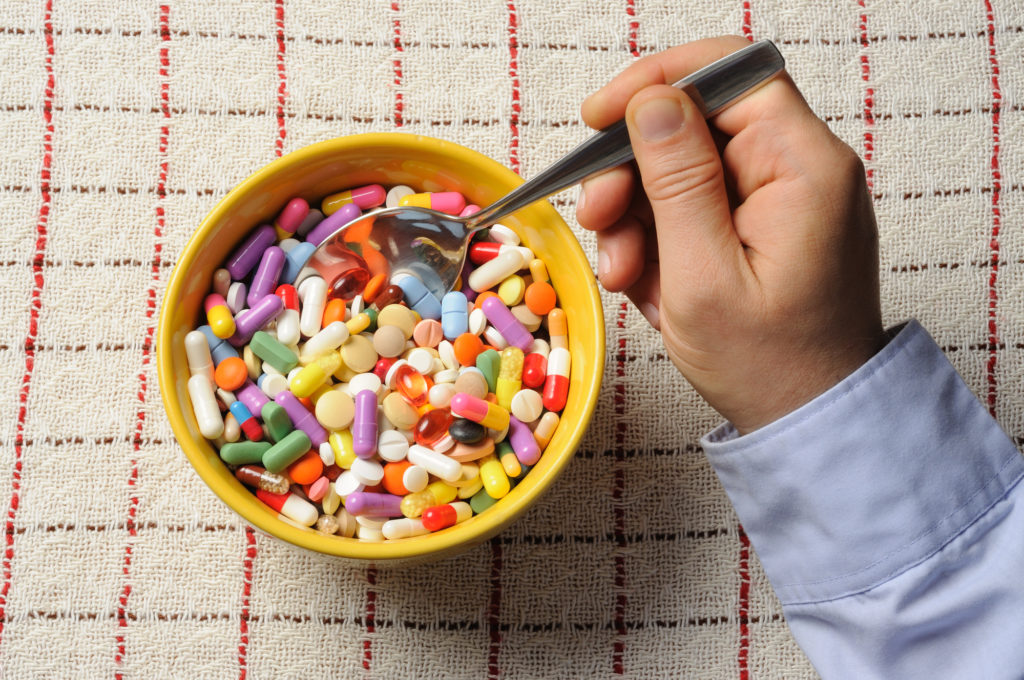
6. POOR NUTRITION
When you don’t get enough nutrients from the food you eat, your digestion gets impaired and your body experiences a “nutritional famine” which causes you to keep eating until that nutrient need is satisfied.
In an attempt to beat this situation, you may crave sugary sweets and processed carbohydrates in an attempt to satisfy their hunger.
Over time, a high-sugar diet takes its toll on the body and leads to insulin resistance, or even type II diabetes. When your body is “insulin resistant,” it means more insulin is needed for the same effect. And since insulin is the fat-storing hormone, more insulin means more fat.

7. INFLAMMATION
Diet-induced inflammation (e.g. gluten) can lead to high leptin levels, which is common in obesity and metabolic syndrome.
Leptin is a hormone secreted by fat cells that works in the hypothalamus in the brain to regulate appetite and inhibit fat storage, whilst helping to maintain energy balance. The more fat cells you have, the more leptin you have.
Many plants use lectins as a defence against hungry animals. Grains (especially wheat, barley and rye) and legumes (beans, soy, peas, peanuts) are rich in some particularly nasty lectins, which can degrade the intestinal lining and enter the bloodstream.
Read my “Gut & Disease” article for more information on leaky gut.
Once in the bloodstream, lectins attach to the same receptors on our fat cells that insulin attaches to. But once insulin does its job of telling the fat cell to either uptake or make more fat, it detaches from that cell and moves on.
The lectin does not detach, it just stays there, continually telling that fat cell to store fat. This, in turn, leads to the production of more leptin, which leads to “leptin resistance”, which leads to not losing weight.
Dieting and exercising don’t work since the brain no longer knows the energy status of your body. It still thinks the body must keep storing fat, since the negative feedback from leptin is no longer working efficiently.
This is a bad cycle that you can exit by ditching the grains, which are highly inflammatory. Grains also have a high glycaemic index (GI), which can cause blood sugar spikes an hour or two after eating them, which in turn also affects insulin levels.
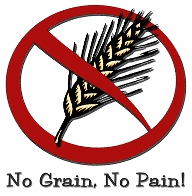
8. PAST TRAUMA
Unresolved past trauma experiences tend to cause your body to use weight as a coping mechanism. Your body is trying to protect you from emotional pain by gaining weight.
When you lose someone you love, are abused, hurt or experience unthinkable loss (including financial loss), your body can react by shielding you from the world with fat as its protection mechanism. Generally, the thicker the layer of fat is, the deeper the unhealed wound is.
Once again, seeking professional counselling and support is vital in order to heal effectively.

9. POOR DIGESTION
When your digestion system isn’t functioning properly, your body can’t absorb essential nutrients and can go into “starvation mode” – causing weight gain, inflammation and other health complications.
Most people who experience poor digestion are undernourished, dehydrated, and/or lacking in essential friendly bacteria and digestive enzymes.
When our digestion is impaired as a result of highly-processed and cooked foods, our bodies are no longer able to access nutrients, so they suffer from a “nutritional famine”. When our bodies are starved for nutrients, they remain in perpetual fat storage mode, which increases our hunger and makes weight loss impossible.
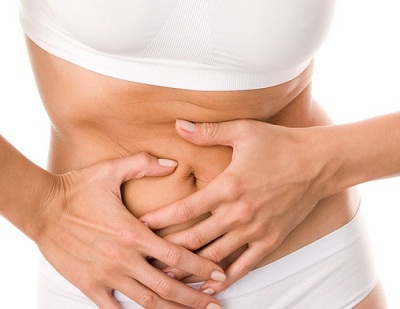
10. SLEEP APNOEA
Sleep apnoea prevents a person from getting a full, rejuvenating, good night’s sleep. This happens because they stop breathing, sometimes hundreds of times a night, often without even realizing it. Their breathing gets interrupted because the soft tissue in the rear of the throat collapses and cuts off the airway.
Being overweight tends to make the neck region heavier, increasing the chances of airway obstruction.
Sleep apnoea reduces blood oxygen to dangerously low levels, so the body is starving for oxygen. As a result, the person becomes chronically exhausted, which increases cortisol levels. This then causes junk food cravings, and almost guarantees weight gain.
It’s a vicious cycle; sleep apnea makes you fatter, and the fatter you get, the worse your sleep apnoea becomes. Consequently, getting tested and treated for sleep apnoea is essential in order to lose weight.

11. TOXICITY
Toxins from your environment and diet are stored in your fat cells. The more toxins you have, the more fat your body creates in order to keep them from being released in your body. Your body essentially gains and holds onto weight in an attempt to keep you safe from these poisons.
Cleansing and detoxing the body will release toxins held in fat cells. This will also assist a sluggish liver and release congestion, helping to reestablish healthy fat levels in the bloodstream. The end result would be weight loss.
